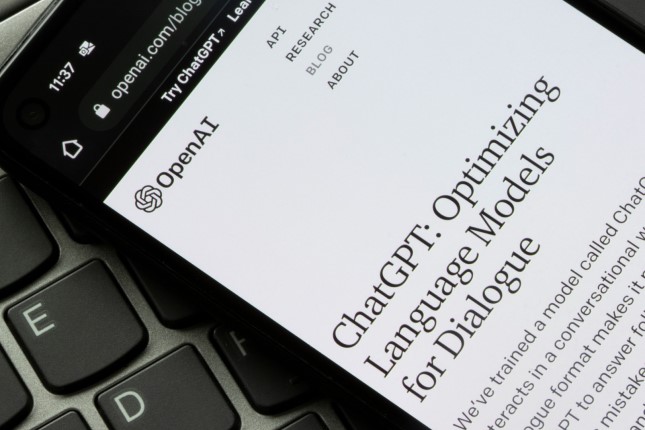Quantum computers are thought to be the future of information technology, opening up exciting opportunities for modelling incredibly complex systems and performing entangled computations. The flip side is that they also pose new risks to cybersecurity. Whoever becomes the first to deploy an effective quantum computer will acquire immense influence over the digital realm and, by extension, the entire world. Many countries are stepping up their R&D efforts in this up-and-coming field.
India, one of the world's IT leaders, has launched its National Mission on Quantum Technologies & Applications, committing some USD 1 billion over the next five years to establish, among other things, quantum computing laboratories and technology and science parks across the country. The Indian government's interest in developing these technologies is primarily driven by the country's geopolitical rivalry with China, which already has two of the world's most powerful quantum computers. Beijing has earmarked about USD 10 billion for such research to be carried out between now and 2025. India's cybersecurity experts fear the country's information systems could become defenceless against Chinese hackers armed with quantum computers.
Without going into too much detail, it can be argued that modern encryption systems use complex algorithms to protect data. A simple example of one such algorithm is the multiplication of two vast numbers. While executing such an operation may not be too complicated by itself, knowing only the product of this multiplication could present a problem when trying to perform a backward calculation to determine which two numbers were originally used to obtain this product. Traditional computers, even the most powerful ones, cannot solve a problem in a reasonable amount of time, while quantum computers can do it in seconds.
The challenge is that modern computers run on transistors with only two states: On and Off, represented as values of either 1 or 0. This is known as a bit, the most basic unit of information. The principles of quantum physics make it possible to use another unit of information − quantum bits or qubits − in computing. Instead of transistors, these computers may use electrons or protons, or even microscopic physical particles "suspended" in a laser grid. A qubit exists in all possible states at once; in other words, it is both 1 and 0 and all the values in between simultaneously. This phenomenon is known as superposition. So, to continue using the code-breaking example, quantum computer cycles through all these choices at once. The software code will then read the result using its quantum formulas.
The outlook is exciting but also terrifying. This has prompted some experts to talk about the imminent arrival of the quantum apocalypse, where financial transactions, health information and government systems could end up in the public domain and be accessible to owners of the most advanced computers. Right this moment, fraudsters are busy harvesting vast amounts of data in the hope that advances in technology will, at some point, allow them to decode this information.

Arguably, the best defence against quantum cyberattacks may be provided by quantum computers, thanks to their ability to use specialized formulas and approaches, such as encoding the behaviour of protein molecules instead of solving equations. On top of that, some experts recommend using a hybrid system that would amalgamate both traditional and quantum-based encryption methods. Right now, however, there is nothing to worry about, as quantum computers are still pretty costly, not very powerful, and prone to making errors. And yet, these technologies are advancing by leaps and bounds. India is currently among the top five leading nations in this field, behind only China, the United States, Canada and Germany.
India's military and industry experts equate the need to defend against quantum cyberattacks to a matter of national security. They acknowledge that their research and technology capabilities may be inadequate to handle it alone. One way to approach this problem could be by cooperating with other countries, such as the US, which currently spends about USD 1.2 billion on quantum research. However, cooperation with the Americans may carry specific political implications and security concerns, which is especially relevant amid the growing confrontation between Washington and Beijing.
With India already cooperating closely in the defence and energy sectors, Russia could be a more suitable partner for joint research and development. Russia, too, has initiated a USD 790 million program to develop a quantum computer. It can chip in with its trained researchers that could help India catch up where it has been lagging. In addition, by working together, Moscow and New Delhi would have an aggregate budget of more than USD 1.8 billion for quantum research, making it one of the largest in the world.






























